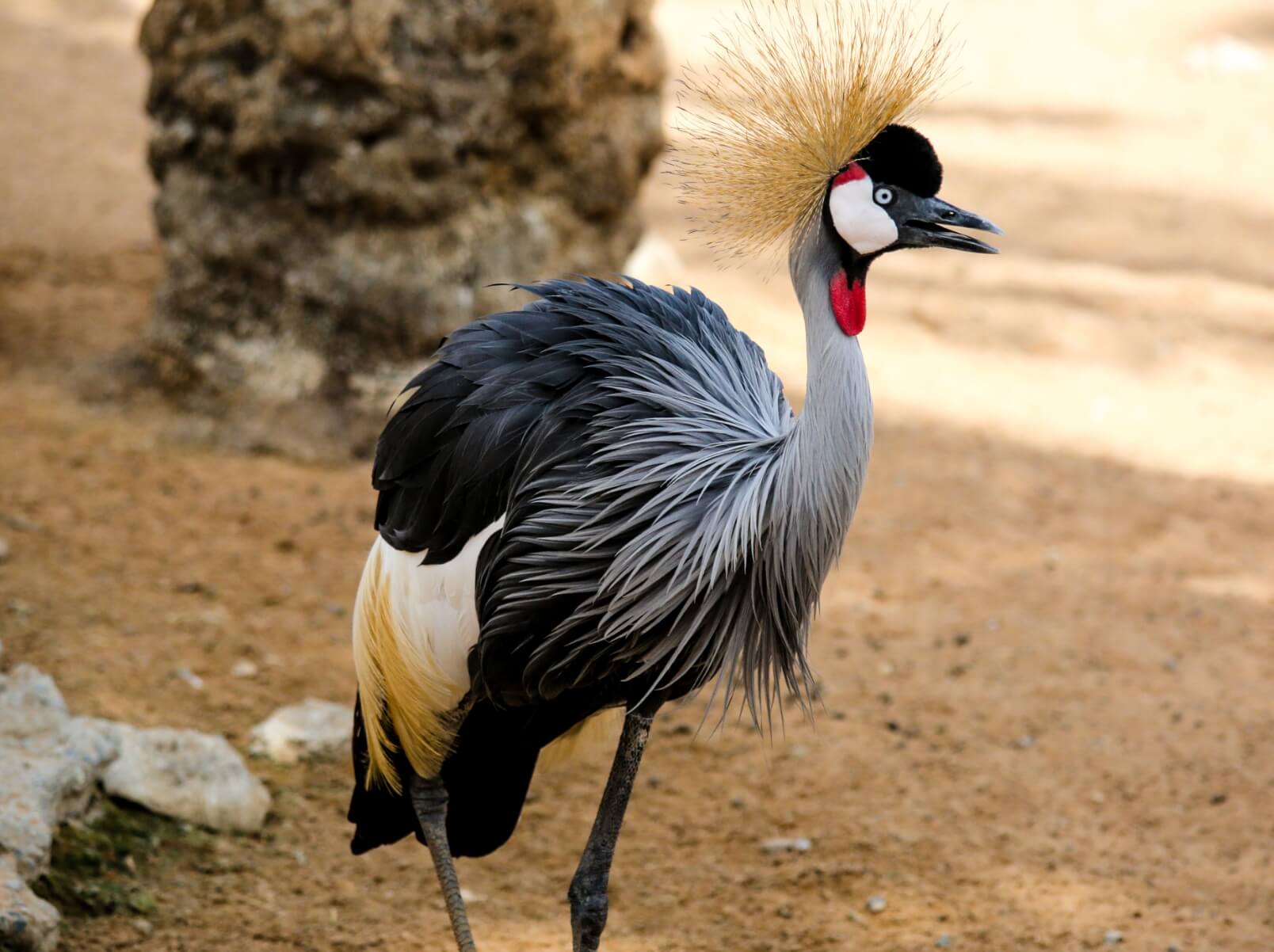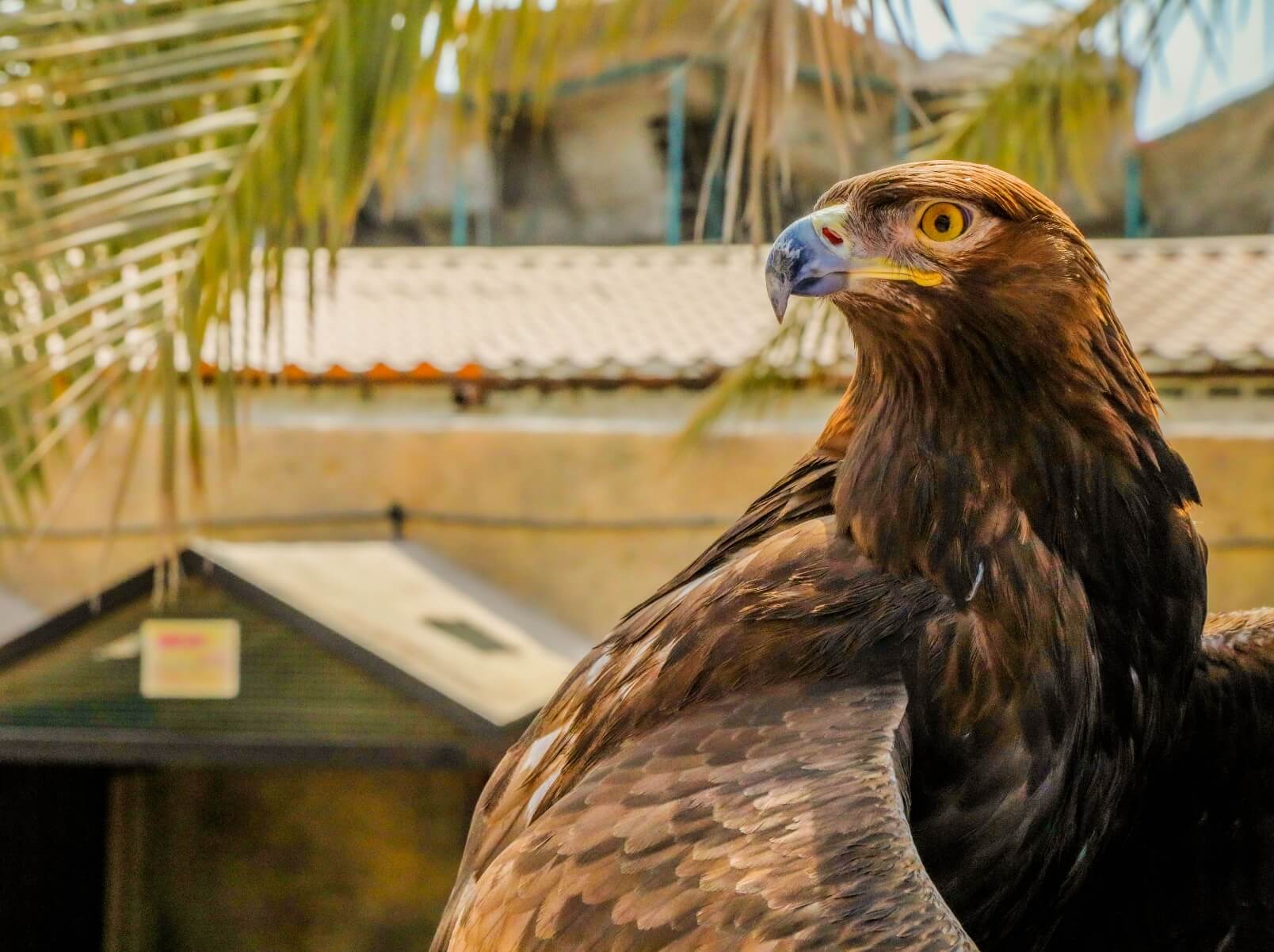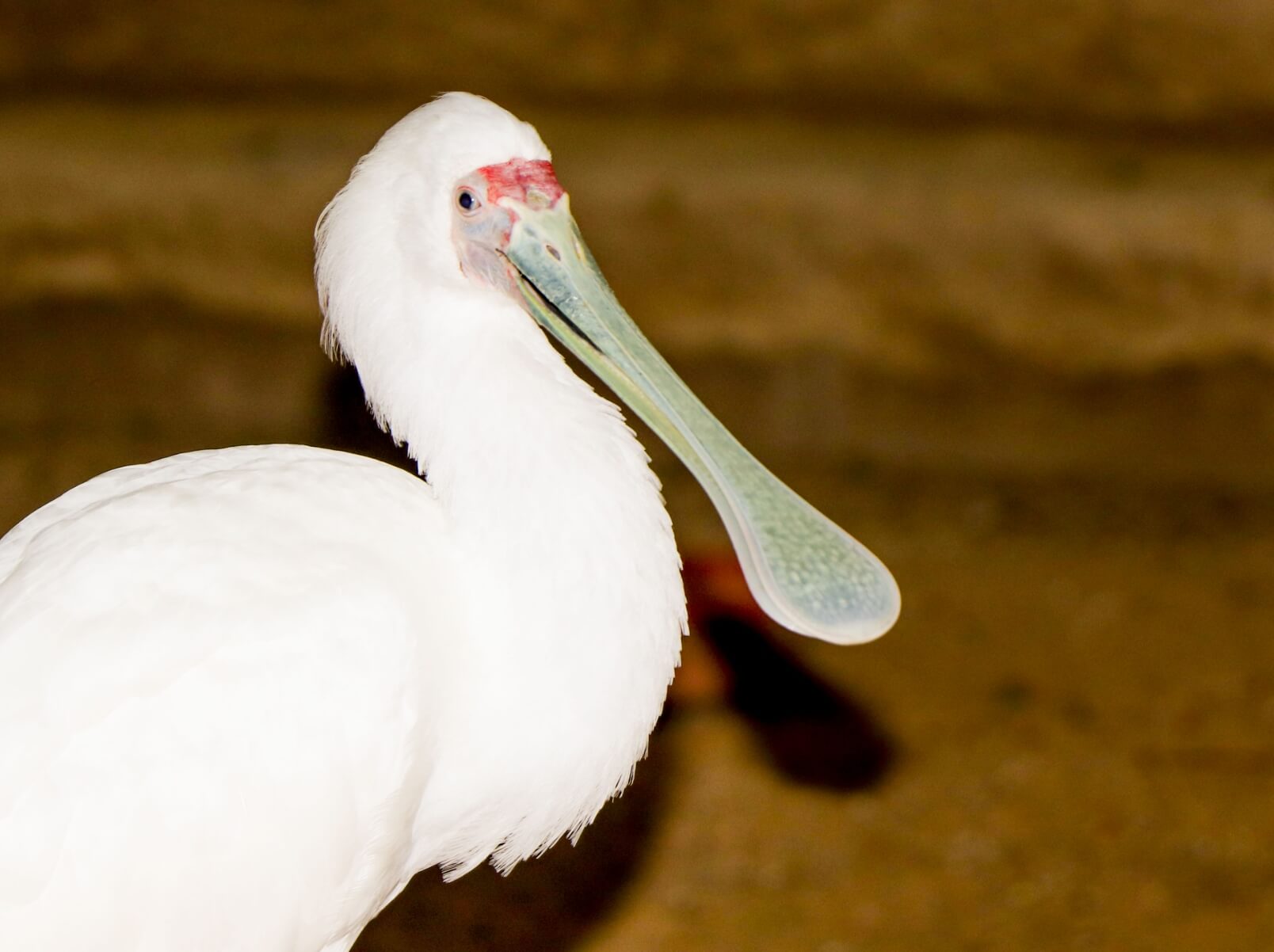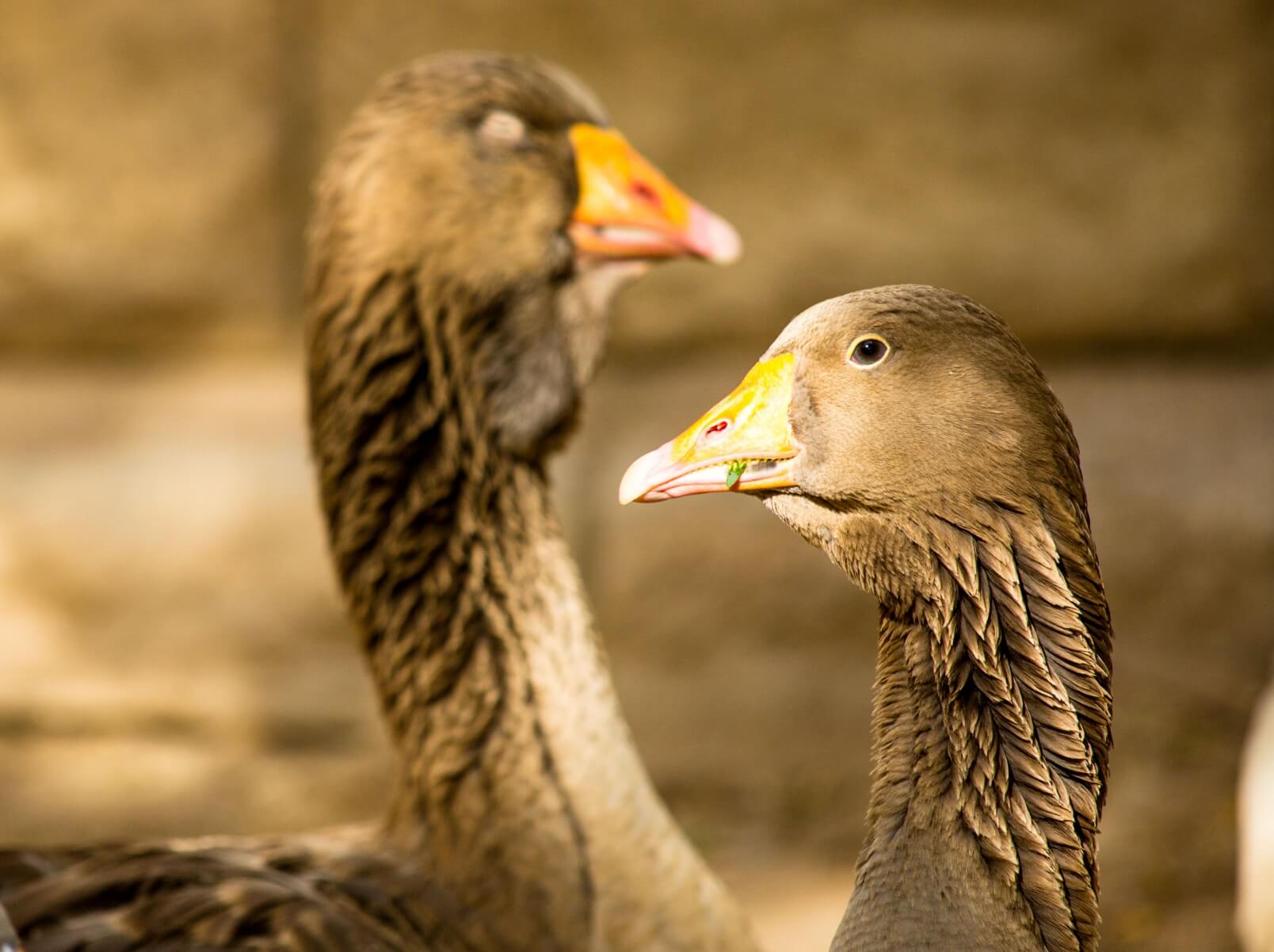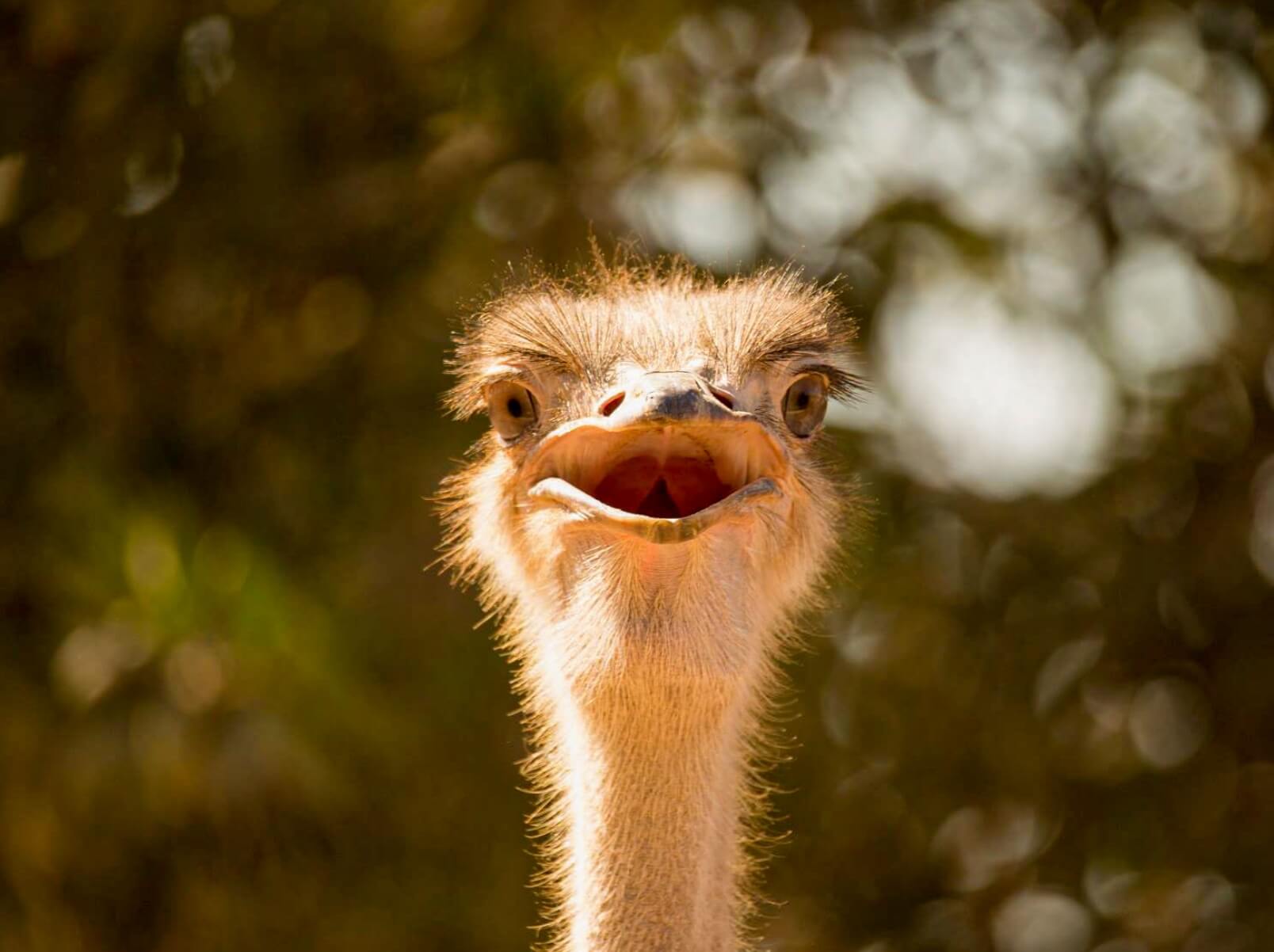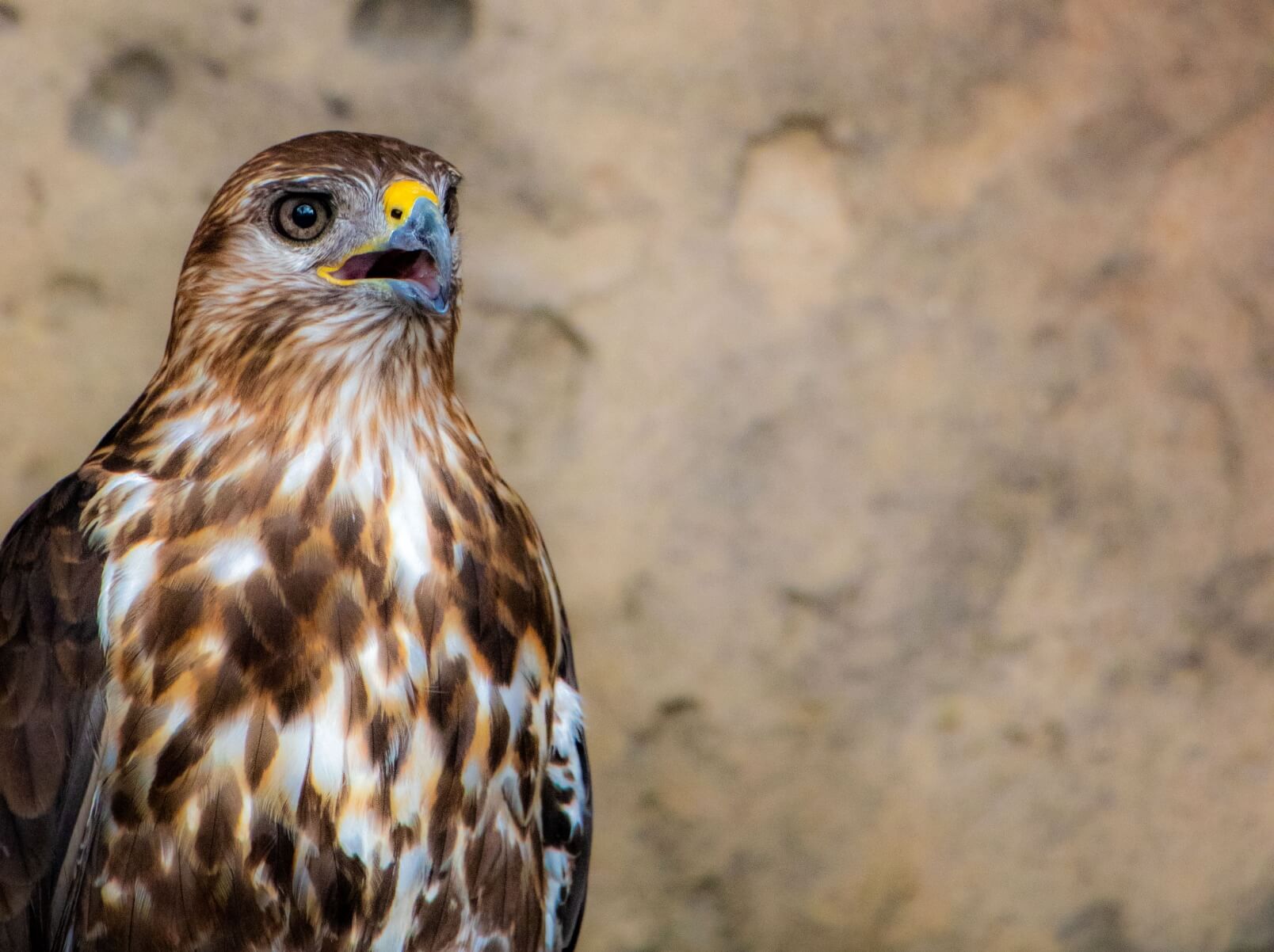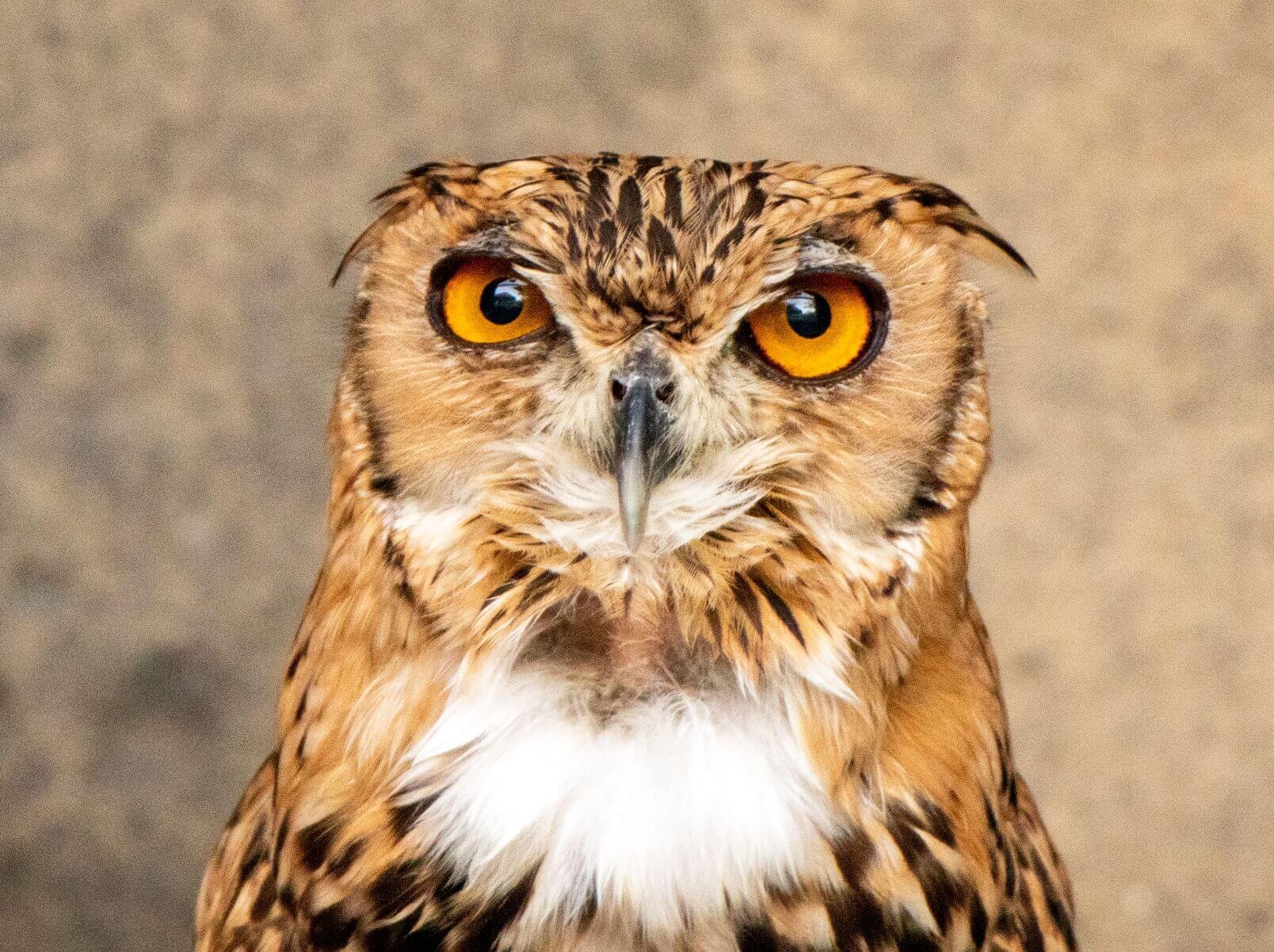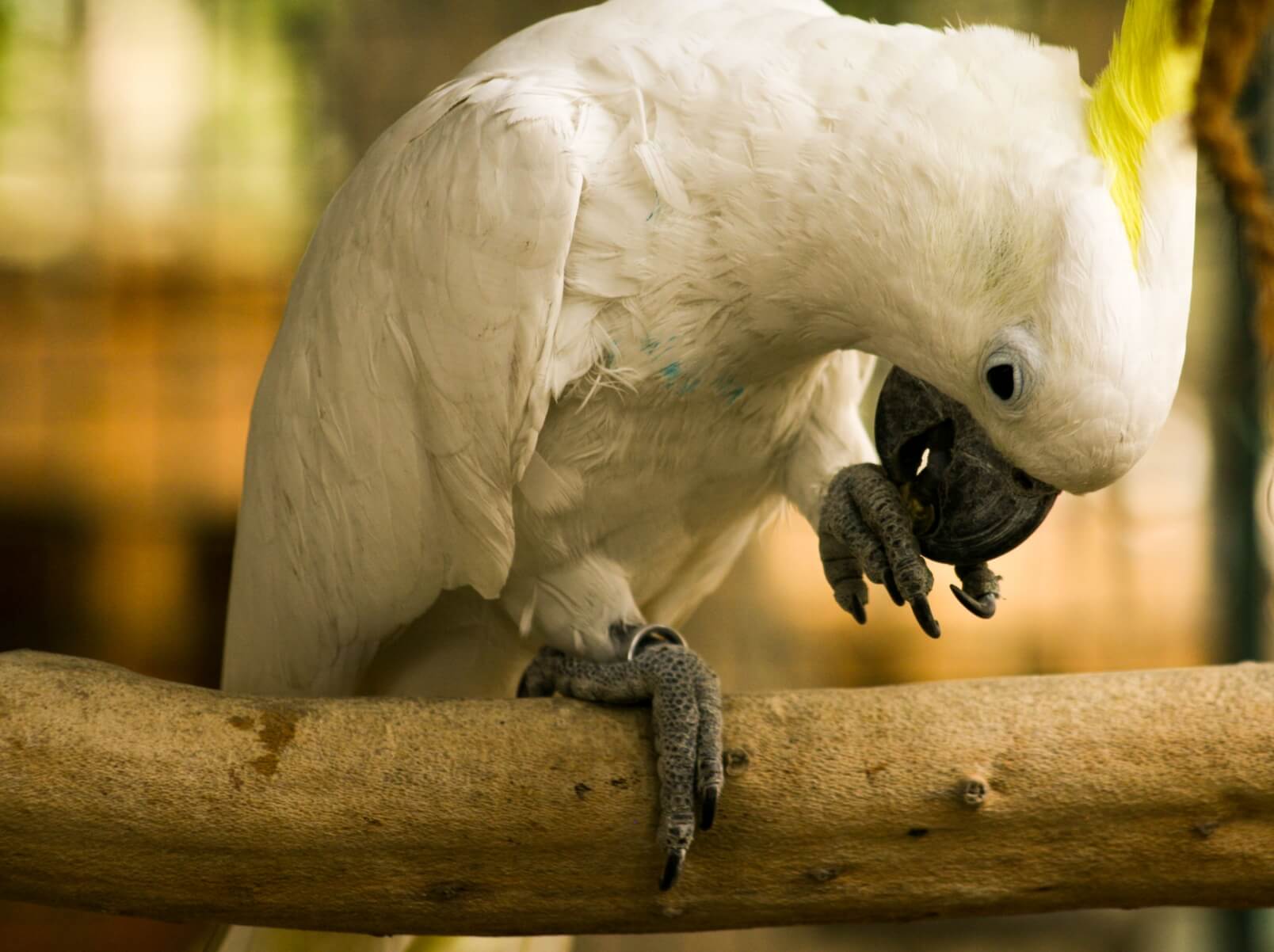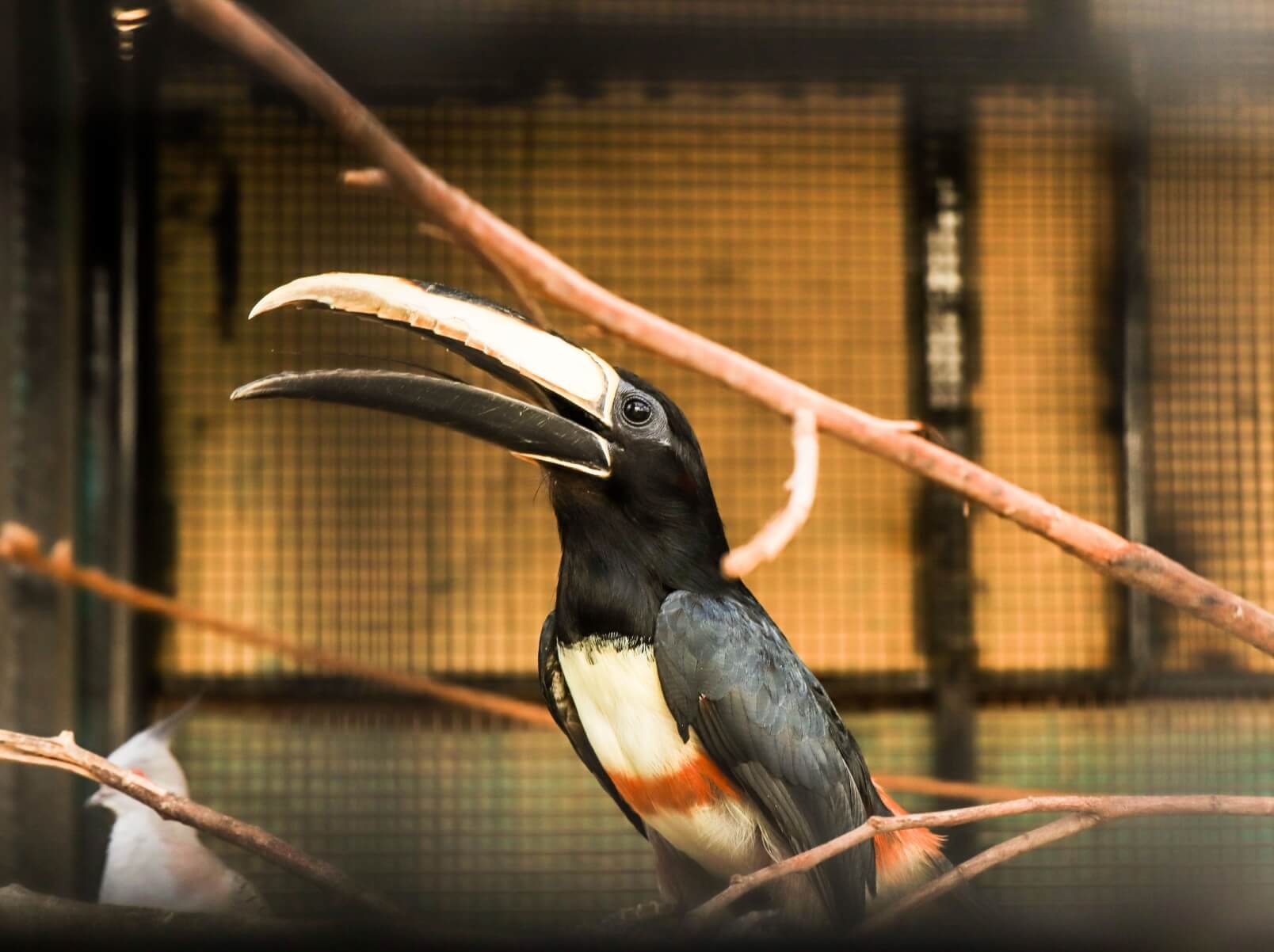INTERESTING FACTS
Ducks have webbed feet which enable them to swim efficiently in water. Their feathers are also coated with oil, which keeps them waterproof and warm in cold water. They are highly social and form groups called "flocks". They communicate with each other through a variety of sounds and body language.
Ducks are omnivores and eat a variety of food, including insects, plants, seeds, and small animals. Some species of ducks migrate long distances every year to breed and feed in different areas. Female ducks are excellent parents and will protect their young from predators. They also teach their young how to swim and find food.
Ducks have a specialized digestive system that allows them to extract nutrients from food that is difficult for other animals to digest, such as plants that grow in water. Some ducks are highly valued for their meat: Certain species of ducks, such as the Peking duck, are highly valued for their meat, which is considered a delicacy in some parts of the world. Because ducks are social animals that can adapt to different environments, they are often used in scientific research to study behavior, ecology, and genetics.
CONSERVATION MESSAGE
Ducks are an important part of the ecosystem and play a significant role in maintaining the balance of wetland habitats. As human activities continue to destroy wetlands and their habitats, many duck species are threatened with extinction. It is essential to conserve and protect these birds and their habitats. Simple actions, such as reducing pollution, conserving water, and minimizing habitat destruction, can go a long way in protecting ducks and their wetland homes. Additionally, hunting and poaching of ducks for food or sport should be regulated to prevent overexploitation.
CONSERVATION STATUS
Least Concern
LIFE SPAN
The lifespan of ducks varies based on their species, with some living only a few years and others living up to 20 years. Mallards, for example, typically live for 5-10 years in the wild.
NATIVE HABITAT
Ducks are found in a wide range of habitats across the world, including wetlands, rivers, lakes, and coastal areas. Some species, such as the mallard and wood duck, are native to North America, while others are found in regions such as Europe, Asia, and Africa.
DIET
Their diet varies depending on the species, season, and availability of food. Some of their favorite foods include insects, small fish, snails, seeds, grains, and aquatic plants.
HEIGHT
Have a length of 50-65 cm (20-26 in). Muscovy ducks, which are native to Central and South America, have a length of 64-86 cm (25-34 in)
WEIGHT
Weight of 2.7-5.5 kg (6-12 lb) for males and 1.4-2.7 kg (3-6 lb) for females.
LENGTH
Length of 50-65 cm (20-26 in)
Related Animals
More Animals

